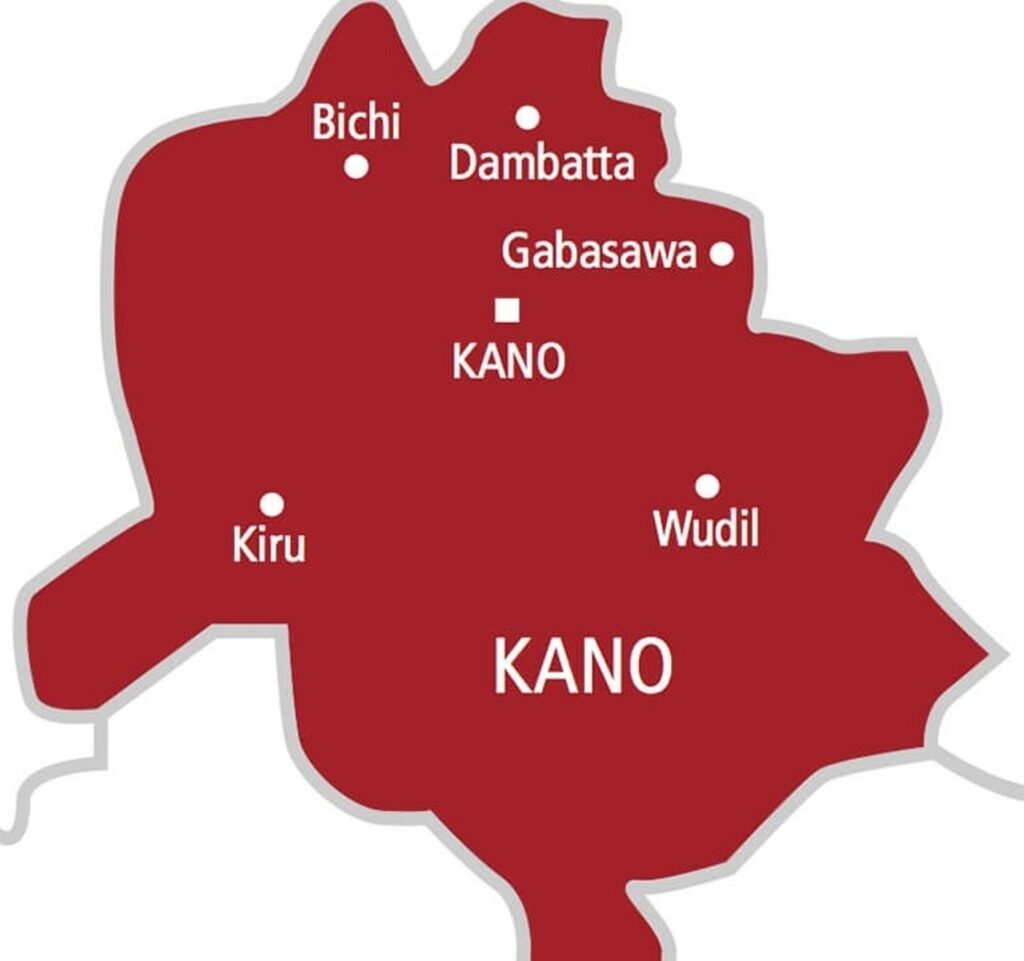A contentious directive from the Kano State government has sparked a heated debate between journalists and media executives in the region. The directive, which bans live political programs on radio, has been met with widespread criticism from journalists, opposition politicians, and civil society organizations. They argue that the move infringes upon press freedom and is an attempt to stifle dissenting voices.
According to Ado Saidu Warawa, Chairman of the Forum of Media Executives in Kano and Manager of Freedom Radio, the decision to halt live political programming was made independently by media executives. They were concerned about the rising cases of defamation and incitement by political guests on these programs. Warawa explained, “We saw the need to suspend these programs ourselves because political actors were using them irresponsibly to insult and defame others.”
However, several journalists in the state have rejected this claim, insisting that the government has no legal authority to restrict broadcasting content. Veteran journalist Abubakar Haruna Galadanci emphasized that only the National Broadcasting Commission (NBC) is empowered to regulate broadcast content. “What the Kano government is doing is laughable. It’s a clear overreach—it’s not within their powers to impose such restrictions,” he said.
The ban has also sparked political condemnation, particularly from opposition parties. Ahmed Aruwa, spokesperson for the All Progressives Congress (APC) in Kano, strongly criticized the decision, stating that the government was using it as a tool to silence dissenting voices. “This government is not NBC. It has no right to dictate what programs can air. We will challenge this decision at every level, including at the Presidency,” Aruwa declared.
Civil society and human rights organizations have also expressed concern over the directive. Comrade Auwal Usman, National Director of the Awareness for Human Rights and Charity Foundation, condemned the ban as an abuse of power by political officeholders. “We don’t believe Governor Abba Kabir Yusuf himself issued this directive. It appears to be the handiwork of the Commissioner for Information. Unless there is a law backing it, we won’t comply,” he said.
As the standoff continues, media presenters, opposition politicians, and advocacy groups remain defiant, insisting that the decision violates Nigeria’s constitutional guarantee of free speech and a free press. The implementation of the directive remains uncertain, with no clear legal enforcement mechanism in place. The situation has drawn public attention in Kano, with calls mounting for the state government to clarify its position and respect the role of media in a democratic society.
In a democratic society, the media plays a crucial role in facilitating political dialogue and holding those in power accountable. The ban on live political programs in Kano has raised concerns about the state government’s commitment to upholding these principles. As the situation unfolds, it remains to be seen how the government will respond to the criticisms and whether the directive will be implemented or overturned. One thing is certain, however – the debate over press freedom and the role of media in Kano will continue to be a contentious issue in the days to come.
